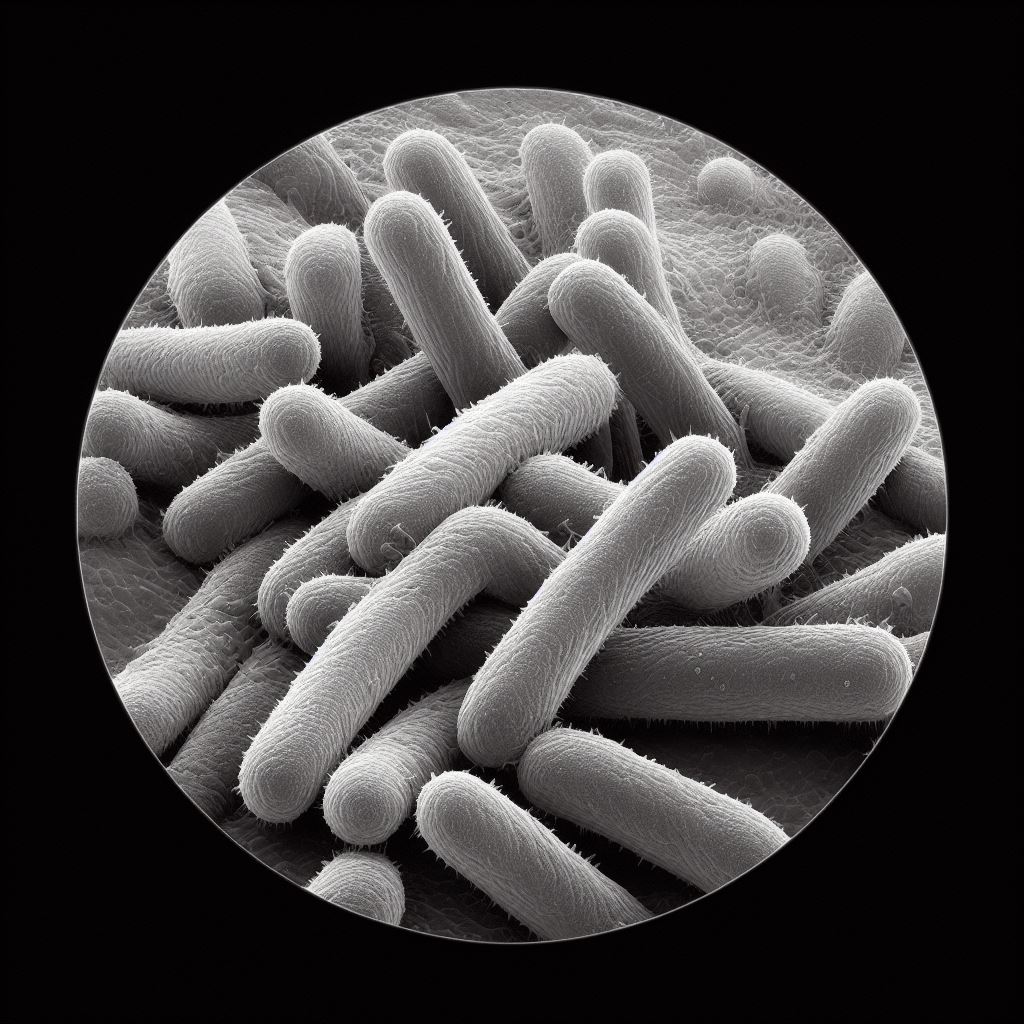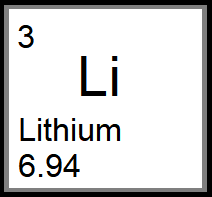The Gastrointestinal Microbiome and Dementia

Inside the human digestive tract lives trillions and trillions of bacteria. These bacteria are often referred to as the gut flora or gastrointestinal microbiome. As our understanding of these bacteria increases, we continue to find intriguing correlations between the microbiome, health and disease. One of the conditions that continues to accrue research suggesting potential links with the gut microbiota is Alzheimer’s disease and dementia.
The Gastrointestinal Microbiome in Dementia
Studies in humans with Alzheimer’s disease, the most common form of dementia, found significant differences between individuals with the condition and healthy subjects (Vogt 2017). Overall bacterial diversity was reduced in Alzheimer’s disease. Additionally, different types of bacteria were either increased or decreased in dementia patients.
A study out of Japan had similar findings (Saji 2019). Patients with dementia had distinct gastrointestinal microbiota that differed from healthy controls. Higher levels of a type of bacteria called “firmicutes” and lower levels of “bacteroidetes” were found.
A meta-analysis of 17 different studies about gut flora and dementia found that there are consistent changes in bacteroidetes and firmicutes levels (Jemimah 2023). These changes precede dementia symptoms, indicating they could have both diagnostic significance and treatment potential. Based on the findings, it’s plausible that changes in the gastrointestinal microbiome may contribute to the development of cognitive decline and dementia. A recent study even found that molecules produced by the bacteria in the gastrointestinal tract correlated with dementia incidence (Oluwagbemigun 2023).
Animal Research
Studies in animals appear to confirm the relationship between the gastrointestinal microbiome and dementia. Mice with genetic changes that predispose to the early development of dementia and human dementia patients were used as stool donors (Wang 2022). The stool was then transplanted into healthy wild mice. After the transplant, mice given stool from dementia patients or other mice with dementia were found to develop problems with protein folding in the brain. Protein folding problems are thought to be a precursor to the development of dementia.
Other studies have also found similar suggestive results. Mice predisposed to developing brain damage and dementia due to plaque build up have a different gastrointestinal microbiota as compared to healthy mice (Kim 2021). Stool from these mice that is transplanted into healthy mice causes the development of memory problems. In addition, mice were found to have higher levels of inflammation in the brain, blood and digestive tract after the stool transplant.
Human Studies
Stool transplants are commonly used for recurrent gastrointestinal infections caused by Clostridium difficile, a type of bacteria that is often resistant to antibiotics. Case studies of older patients with C. difficile infection treated with stool transplants have sometimes reported improvements in concurrent dementia symptoms.
A case study in a 90-year-old woman with moderate cognitive impairment found that a stool transplant improved cognitive functioning by 33% (Park 2021). After treatment, the improvements were large enough to reclassify her cognitive problems as mild. A separate case study also treated a patient with mild cognitive problems and a gastrointestinal infection with a stool transplant (Hazan 2020). The patient’s symptoms rapidly improved. At two months, he no longer qualified for having early-stage dementia. By six months, his symptoms improved even further, with cognitive test scores completely normalizing.

A small clinical trial of five patients with cognitive symptoms ranging from mild to severe were given stool transplants through oral capsules (Chen 2023). After the stool transplants, the patients were followed for six months. For the two patients with early stage problems, cognition appeared to improve modestly. For severe patients, there was no worsening, but no cognitive improvements with the procedure.
While stool transplants have an “ick” factor, simpler approaches for treating the microbiome also appear to have benefits. A meta-analysis of probiotic supplementation found “highly significant” improvements in cognitive function in early stage dementia and Alzheimer’s disease (Liu 2023).
Conclusion
Early evidence appears to suggest that the gastrointestinal microbiome may play a large role in at least some cases of Alzheimer’s disease and dementia. Considering the increasing incidence of dementia and the devastation to families and communities by the disease, interventions targeting the gut flora may well be worth considering.



